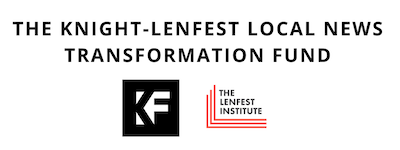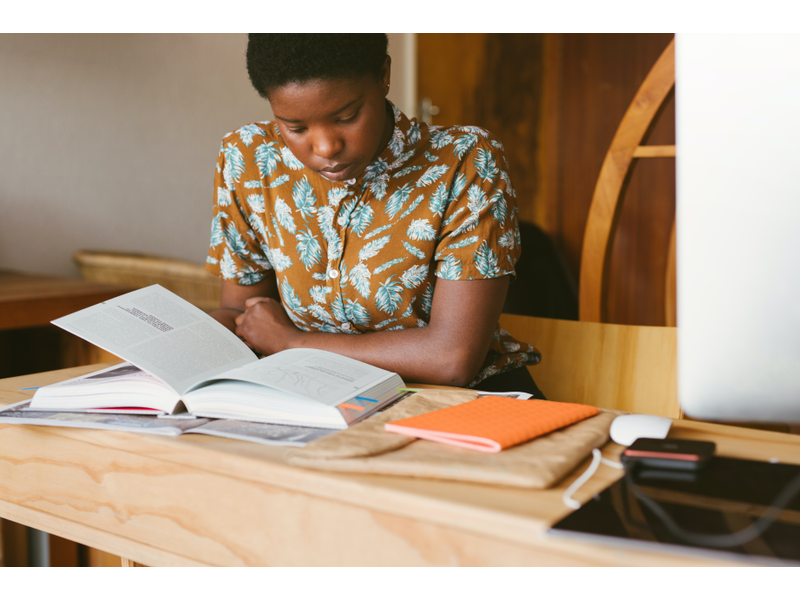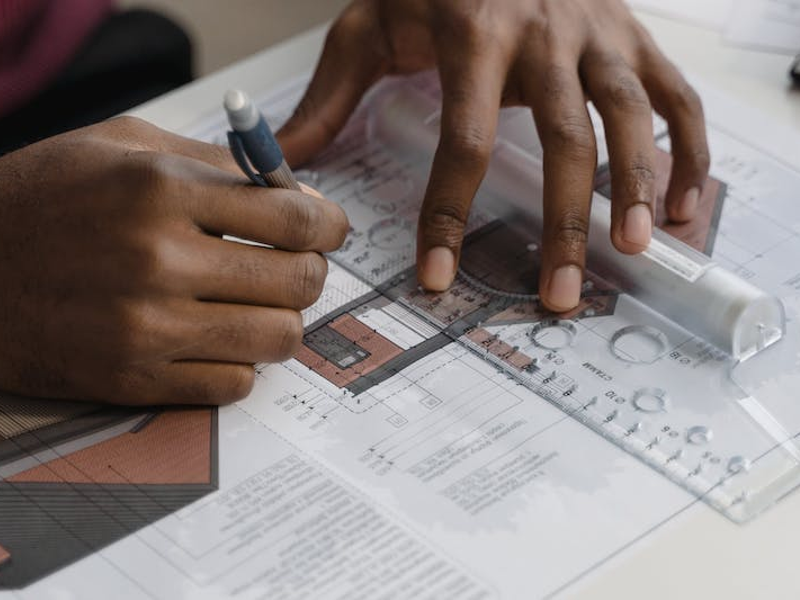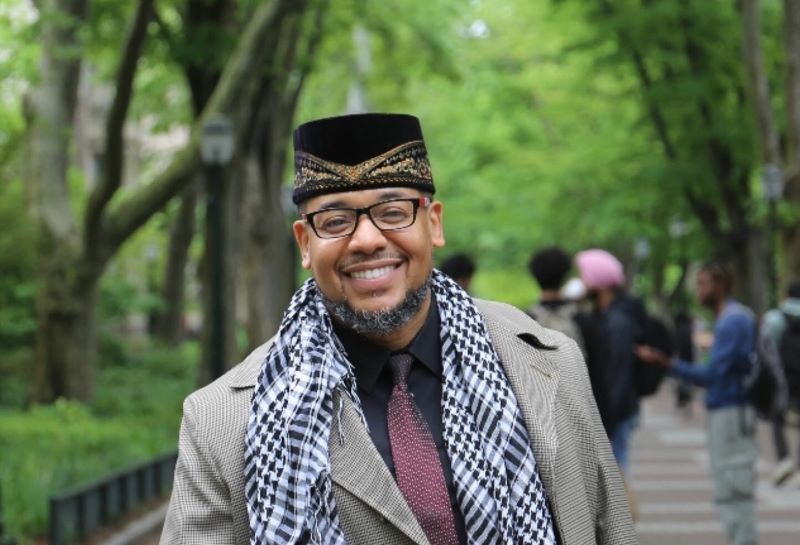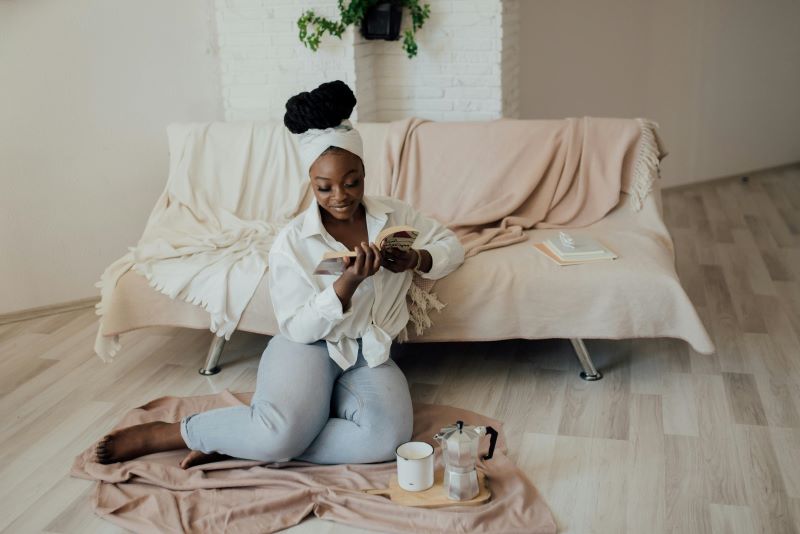Photo by RF._.studio
Depression is a mental health disorder characterised by a persistently low mood or loss of interest in activities. It causes significant impairment in daily life. Possible causes include a combination of biological, psychological and social sources of distress.
It’s a major mental illness that largely goes undiagnosed. Survey estimates put the lifetime risk of depression at 10%. This makes depression one of the most common mental illnesses. In 2019, the World Health Organization estimated that 280 million people in the world – about 3.8% of the population – had depression.
Projections for South Africa are alarming, with research suggesting that one in three people will experience depression, anxiety or a substance use disorder in their lifetime.
University students are particularly at high risk of depression. One South African study estimated that 24.2% of university students have mild depression, and 12.4% have moderate to severe depression. Globally, an average of about 21% of university students have major depressive disorder.
This is concerning because students with depression face very specific challenges. These include:
- worse academic outcomes
- low productivity
- more likely to struggle with alcohol abuse in their adulthood
- and high rates of suicide.
It is clear that this population group needs targeted interventions. Up-to-date research on the prevalence and drivers of depression among students is crucial to inform potential interventions in this group.
The studies that have been done in South Africa do not cover the student population across the country. There’s a lack of data on the prevalence and drivers of depression among students in Johannesburg. Johannesburg is South Africa’s main commercial city and has the country’s highest population of students. To address this gap, we recently conducted an online survey among undergraduate students at the University of the Witwatersrand in South Africa.
Almost half of the study participants screened positive for probable depression. Probable depression was associated with socio-demographic factors such as economic status, and modifiable behavioural factors such as substance use. These two factors are commonly identified correlates of depression in this group. The prevalence of probable depression among undergraduate students in this study was high relative to the general population. Our findings are an important step towards helping universities tailor mental health programmes to students’ needs.

University of the Witwatersrand, South Africa. Source: Wikimedia Commons
Our study
We used the Patient Health Questionnaire (PHQ-2) to assess the prevalence of probable depression. We also identified factors associated with probable depression. These factors included age, marital status and substance use (alcohol, cannabis, tobacco and other substances).
We had a response rate was 8.4% (1,046/12,404). Though low, such response rates are common in online surveys. While our survey should be interpreted with caution, the key findings are similar to other studies elsewhere.
Forty-eight per cent (439/910) screened positive for probable depression.
Certain socio-demographic factors were associated with lower odds of screening positive for probable depression. Students who identified as white were 36% less likely than black students to screen positive for depression. Those who could afford the most important things – but few luxury goods – were 50% less likely to screen positive for depression than those who had enough money for food and clothes, but were short of many other things.
Students with enough money for luxury goods and extra things were 56% less likely than those who had enough money for food and clothes, but were short of many other things, to screen positive for depression. These findings are similar to a recent study among undergraduate physiotherapy clinical students.
Students who reported substance use had higher odds of screening positive for probable depression. But the probabilities varied based on the substance used.
Those reporting using cannabis were 29% more likely than students who didn’t use cannabis to screen positive for probable depression. It’s important to note that the global findings on the association between cannabis use and depression vary. But our finding is an important consideration given the legal use of cannabis in South Africa.
Reported alcohol use was common in our study. But it was not associated with screening positive for probable depression. This is contrary to findings from other studies. Our study did not find an association between tobacco use and screening positive for probable depression. But other researchers have reported a strong association between smoking and depression in adolescents and adults. While we did not find significant associations between alcohol and tobacco use and screening positive for depression, we believe these are important correlates. Alcohol and tobacco are often used as coping mechanisms for individuals with depression.
Recommendations
The odds of screening positive for depression were associated with specific sociodemographic and selected behavioural factors.
Mental health professionals working with undergraduate students at the University of Witwatersrand should strengthen mental health (including depression) and risk factors (substance use) screening and referral for treatment services.
In addition, these findings call for strengthening the awareness and use of existing counselling services among undergraduate students at the campus and other services out of the university campus, such as the South African Depression and Anxiety Group’s help line.
